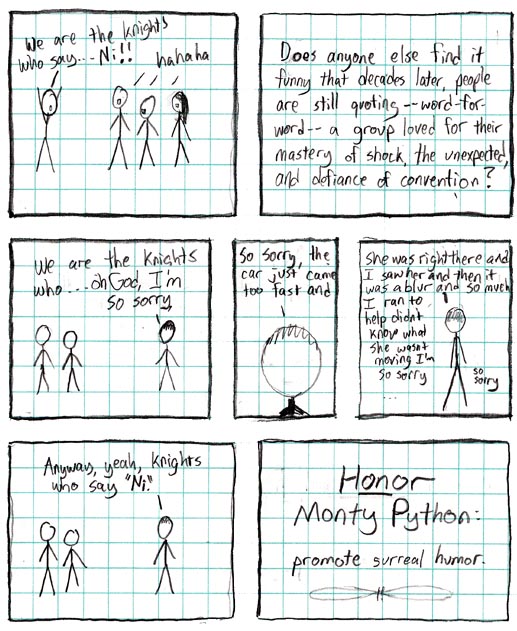Ever since Play-Asia attributed Koei Tecmo's decision not to release the game outside of Asia to "SJW nonsense", the usual suspects have been yelling about a "war on free speech". But the agents provocateurs who instigated said war are some sort of reified 'They', a free-floating self-sufficient pronoun-without-antecedent. This is conspiracy-theorist language, guys.
 |
| See also: GameFAQs' best game ever poll. |
When not linking to articles, they clarify that they're talking about "the SJWs", a set of which I am an element. Guys, your argument is literally based on telling me what I think and want, a subject on which I have - not to boast - some considerable authority. You might even say I'm the preeminent expert. I'm kinda going to know if you're wrong. Which you are.
I'm going to be clear here: I don't want your titty game banned, and I don't know anybody who does. What I do want is for your titty game to be criticised, and we all know Gamergate hates thin-skinned people who can't take criticism, so you should be right on board with me on this.
There has been a sea-change in negative criticism of video games in maybe the past five years, to which Gamergate seems to have remained oblivious. When Fox News criticised Mass Effect for including sex and allowing kids to "virtual orgasmic rape" their friends, that was ridiculous. Of course it was. They were trying to manufacture outrage over a story-driven entertainment product containing an admittedly somewhat clumsy (but remarkably tame) romance subplot, fabricating elements from whole cloth in order to do so. But Fox News didn't know what Mass Effect was. Even their invited "expert" had little clue. It is one hundred percent understandable that gamers should feel a little defensive about this. I feel defensive about this.
But as much as Gamergate loves to protest otherwise, Anita Sarkeesian et al do know video games. They make their living playing them and writing about them. They are, however, choosing to look at games through a lens of which the average 'gater has little experience, namely feminism. These aren't people who don't know what they're talking about. I promise you, no-one who doesn't know what they're talking about has even heard of Dead or Alive Xtreme.
By all means, get up in arms when an alarmist news outlet makes an uninformed criticism about games, but when someone's criticism is more informed than you are, maybe take a fucking seat. Of course, Gamergate doesn't make a distinction between informed criticism and uninformed criticism, or maybe can't. To them, criticism is hate, and in their flattened landscape, journalist Tauriq Moosa criticising gendered slurs or a lack of people of colour in games he otherwise loves is on exactly the same level as Jack Thompson calling for a blanket ban (or would be, if they didn't bewilderingly consider Thompson "not so bad"). It's a black and white, Us and Them mentality drip-fed through the dual channels of reactionary politics and "the game They [there's that word again!] don't want you to play" marketing.
The First Amendment is a funny old thing. Although it promotes the separation of Church and State, it's against the separation of head and body for criticising the wrong person. Way to be consistent, America! Anyway, my point is that encouraging criticism is literally the reason freedom of speech exists, so it's bizarre to see these self-styled free-speech warriors objecting to criticism so vehemently. To them, criticism is censorship, and freedom of speech is therefore freedom to speak without being criticised. They pervert the idea of free speech to mean its opposite, and then call us Orwellian.
As is their wont, Gamergate has once again conflated feminism with puritanical Mary-Whitehouse-esque moral guardianship, quite literally responding to accusations of sexism with the confused Spïnal Tap refrain, "What's wrong with being sexy?" Little wonder nobody wants to debate them when they're so exhaustingly pathological at missing the point.

